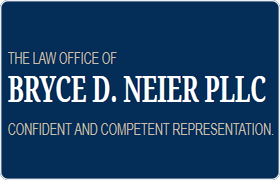Falcon Child Support Lawyer, North Carolina
Sponsored Law Firm
-
 x
x

Click For More Info:
-
The Law Office of Bryce D. Neier PLLC
2525 Raeford Road Fayetteville, NC 28305» view mapDivorce and Family Law Confident and Competent Representation
Your advocate and voice of reason during family law disputes.
800-979-4310
Gregg M. Illikainen
Family Law, Child Support, DUI-DWI, Premises Liability
Status: In Good Standing Licensed: 21 Years
Meleisa Rush Lane
Family Law, Divorce, Child Custody, Child Support
Status: In Good Standing Licensed: 29 Years
Holly Margaret King
Real Estate Other, Family Law, Child Support, Child Custody
Status: In Good Standing Licensed: 15 Years
Regina Roberts Sutherland
Family Law, Child Support, Child Custody, Criminal
Status: In Good Standing
 Bryce Neier Fayetteville, NC
Bryce Neier Fayetteville, NC AboutThe Law Office of Bryce D. Neier PLLC
AboutThe Law Office of Bryce D. Neier PLLC Practice AreasSpecializations
Practice AreasSpecializations
